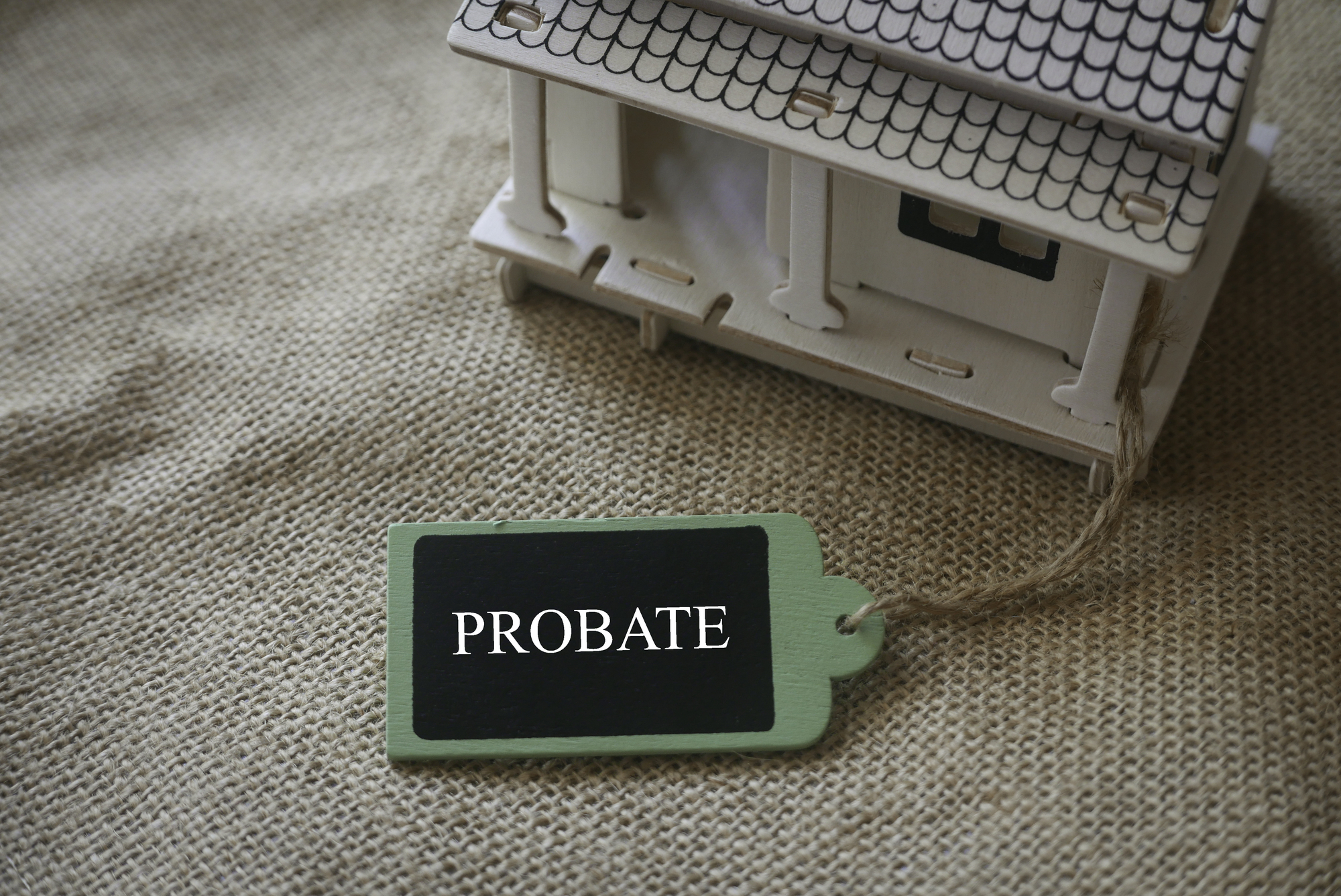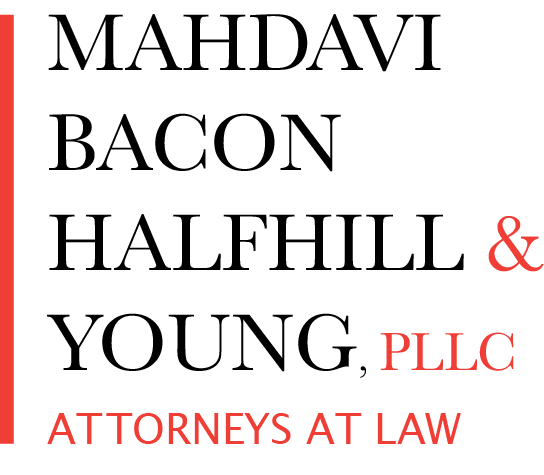
Probate Lawyer
When a person passes away, securing the services of a Probate Lawyer, that area families depend on during this difficult time may be necessary. Losing a loved one is incredibly challenging, and amidst grief, resolving the estate of the person who has passed away will still be essential. Typically, the identified estate executor will carry the great responsibility of this process, and one component will likely include probate. Most people are concerned about probate as they may be worried that it could diminish inheritance and leave critical decisions up to the courts to determine. While probate can be highly complicated, this usually involves larger estates, people who have passed away without a will, or feuding families who disagree over asset division. However, when working with Theus Law Offices, our experienced team can help guide clients through each aspect of the process.
Understanding Probate
When a person passes away, in most cases, the estate must pass through probate. Probate is the process where the court reviews and validates the will. This is one of the primary reasons having a will in place is vital because when there is no will, the person has died intestate. Without a will, the court may be left to determine who will act as the estate executor and how assets will be divided following intestate succession rules. While the laws can vary depending on the state, the intestate succession rules help determine how property is passed on to heirs. Typically, assets are passed on to the surviving spouse, biological children, adopted children, etc. While the process is organized, it can result in discord amongst the family. The estate will not be resolved according to the wishes of the person who has died; settling the estate can be delayed and leave the estate vulnerable to creditors.
Avoiding Probate
After a person passes away, the probate process may not be necessary because, for the most part, only property solely owned by the deceased will endure the probate process. When proper planning takes place, any jointly owned property is passed on to the “surviving” person allowing them to retain sole ownership of the property. Any accounts considered payable on death will go to the beneficiaries listed on the accounts. Because of this, it’s vital to ensure that all accounts are up to date with beneficiary designations. Deeds to real estate can also be transferable on death. While there is paperwork involved, note that the property will not be passed on to the beneficiary until after a person passes; before that point, they will not have any rights to the property. Another notable estate planning tool that can help circumvent the probate process is developing a living trust. A living trust allows the grantor to transfer all their assets into a living trust and remain in control until they pass away. Upon the person’s death, the contents of the trust can be transferred to the beneficiaries.
After the loss of a loved one, families and estate executors will be looking for a straightforward process for resolving the estate so they can move forward. As Theus Law Offices can share, working with a probate lawyer can play a crucial role in assisting the family and providing guidance to the estate executor through the many challenges that may arise.

